Africa Greenco Zambia Development Head, Wezi Gondwe, says the feasibility study for the first battery energy storage system (BESS) in Zambia is currently under way.
Gondwe said this during the Enlit Africa conference in Cape Town, on Thursday monitored from Mining weekly.
Greenco is a Zambian power services company that acts as an intermediary offtaker and service provider, purchasing power from renewable IPPs and selling that electricity to utilities and private sector offtakers and markets of the Southern Africa Power Pool (SAPP).
He said the US$1 million feasibility study is being funded by the United States and carried out by US-based internationally-recognised finance and engineering advisory company K&M Advisors.
“The feasibility study is covering every aspect of the project, to ensure its optimisation, including its developmental impact on the community where it will be located,” Gondwe said.
This battery energy storage system project is being developed by a special purpose vehicle created by Greenco.
Read more : Govt dismantling regulatory barriers hampering adoption of renewable energy —Minister Mulenga
It will have a capacity of up to 25 megawatts (MW) and a preferred bidder for the contract has been chosen, after a tender process.
Greenco is also working with the Zambian regulators to ensure that the project proceeds smoothly and meets all requirements.
“Greenco is an intermediary in the electricity trading space,” Gondwe said.
He said it came into being because the bankability of Southern African national electricity utilities has been impaired.
Gondwe said this meant that, in Zambia and Zimbabwe, independent power producers, using renewable energy sources, didn’t have routes to the market.
“Greenco provides them with routes to alternative, diversified electricity markets, including via the SAPP,” he said.
Gondwe said the challenge with renewable energy was intermittency.
“Solar power usually generates electricity for six to eight hours a day (in Zambia). This intermittency can introduce instability into transmission grids, which can put those grids at risk. In certain seasons, that instability can be severe. Grid balancing power is very expensive,” he said.
WARNING! All rights reserved. This material, and other digital content on this website, may not be reproduced, published, broadcast, rewritten or redistributed in whole or in part without prior express permission from ZAMBIA MONITOR.

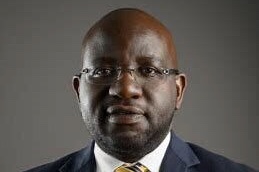
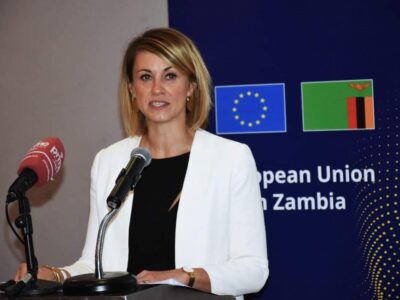

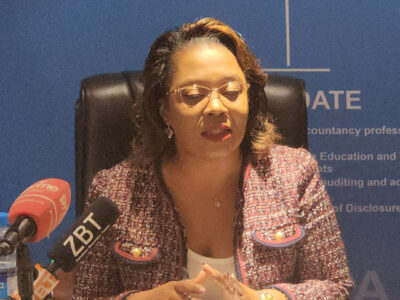
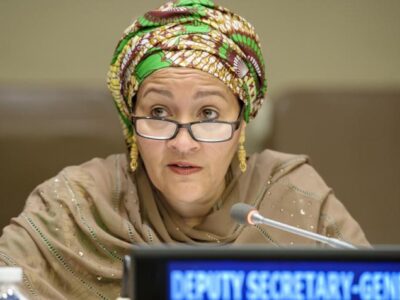


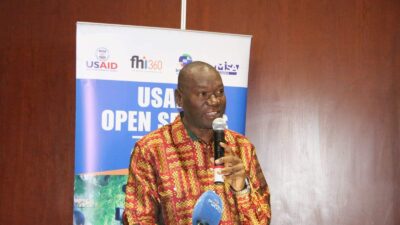



Comments